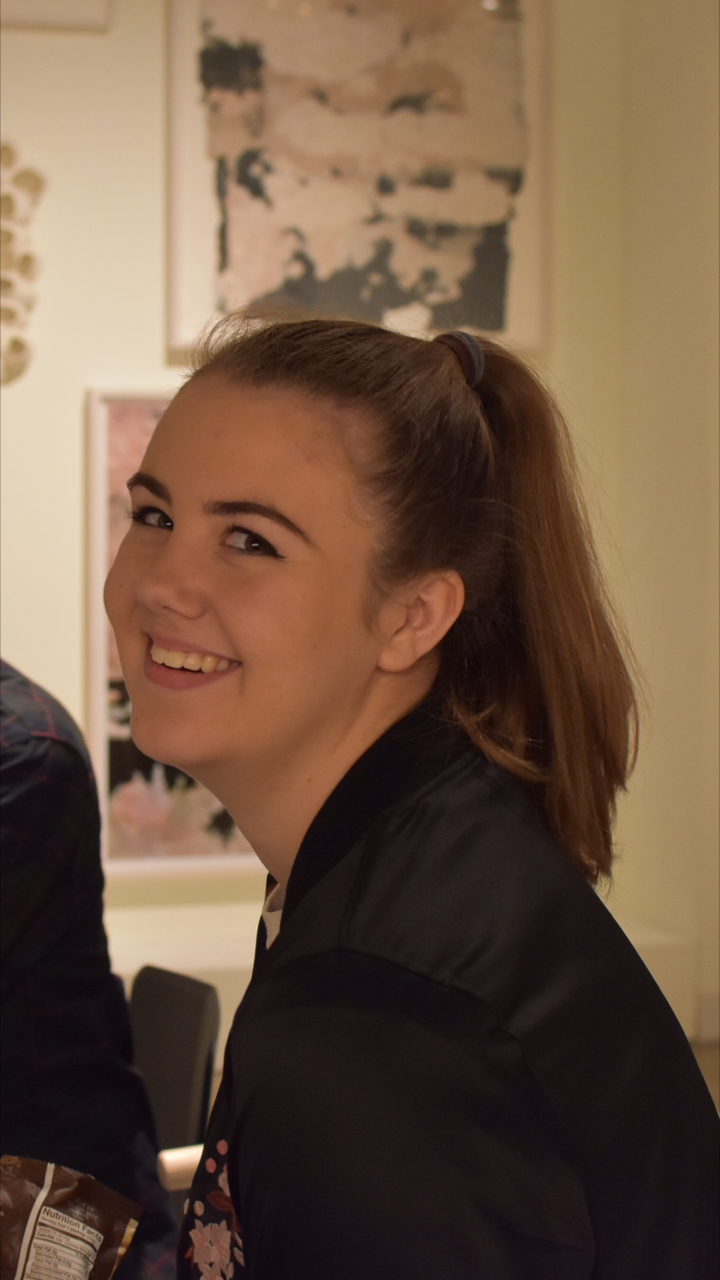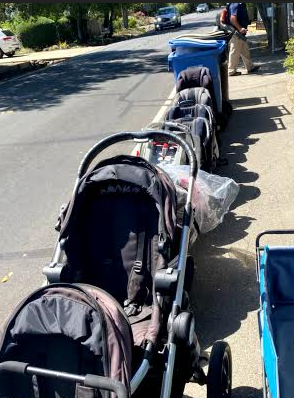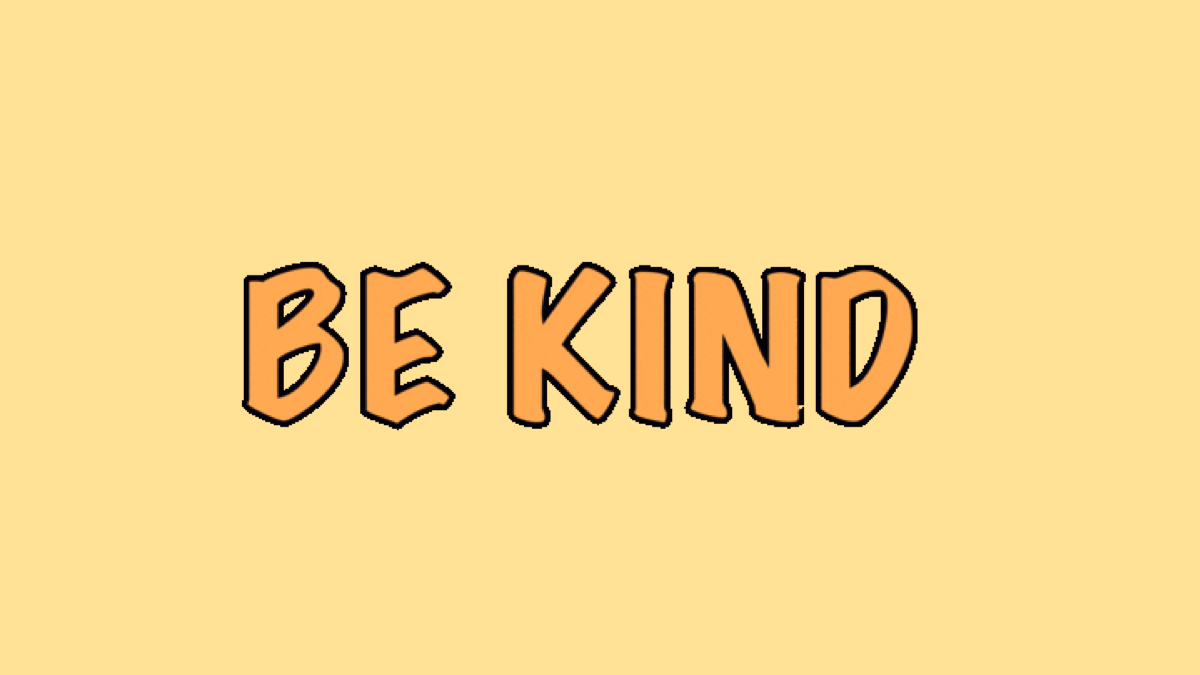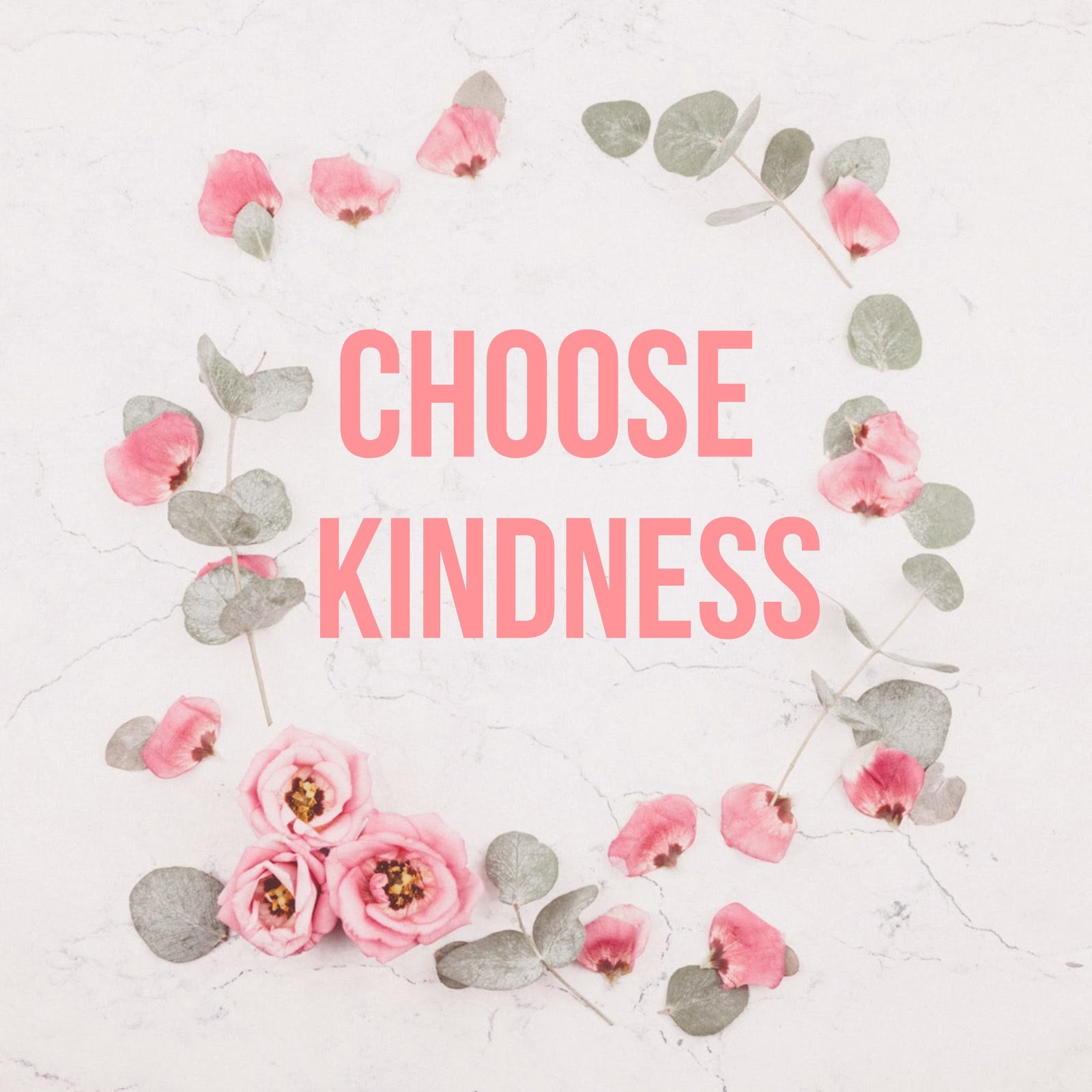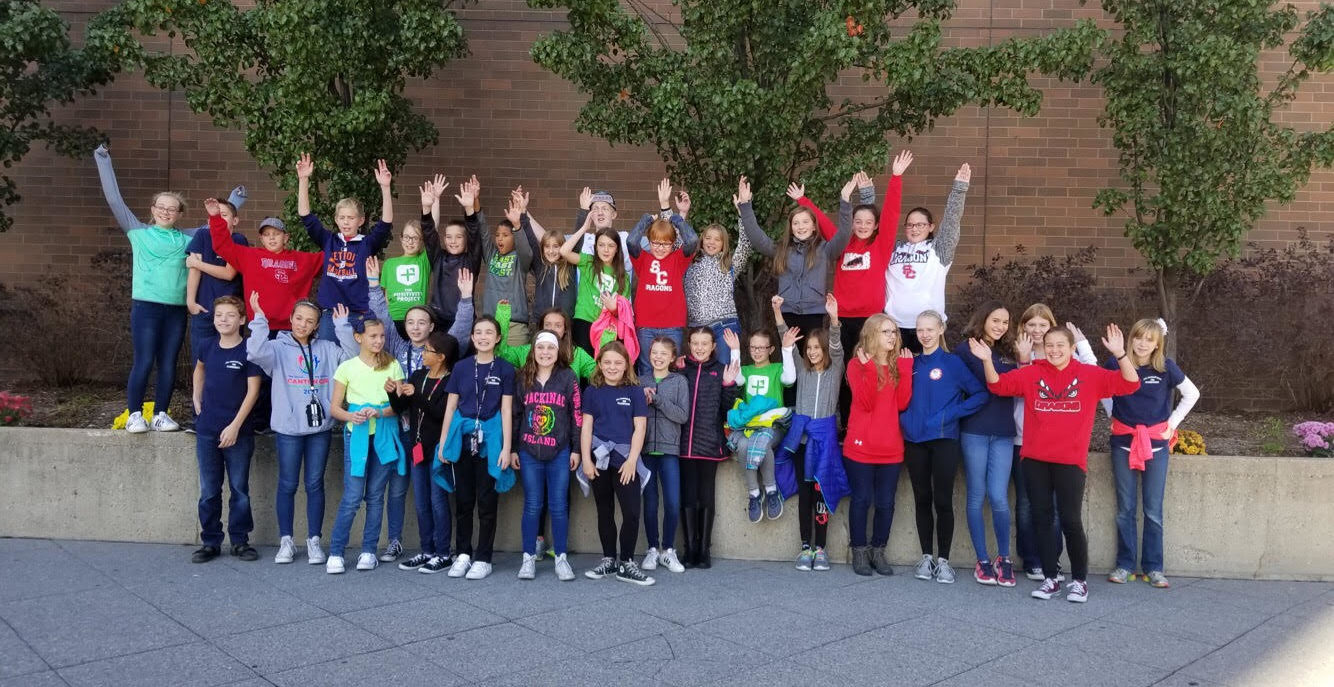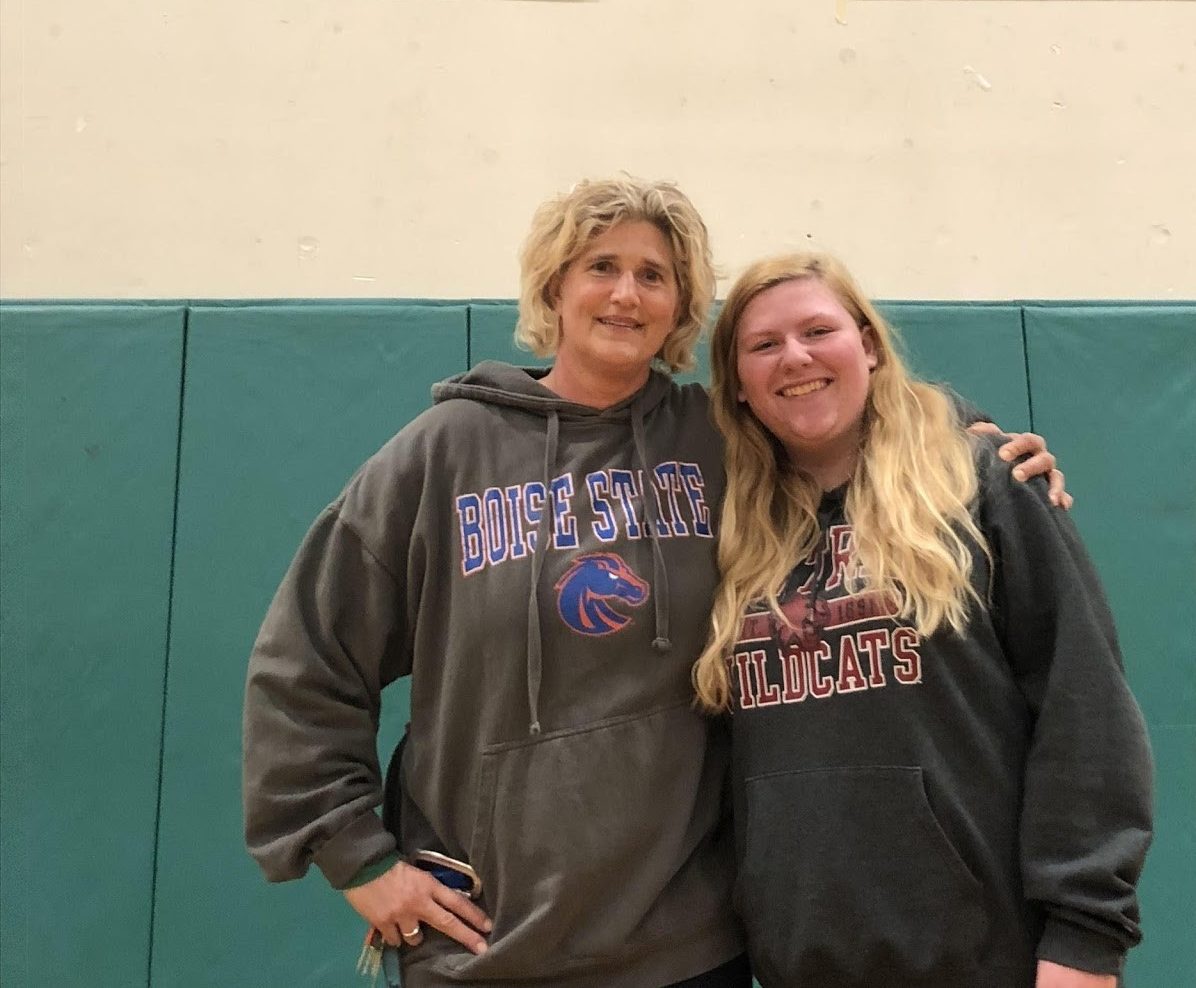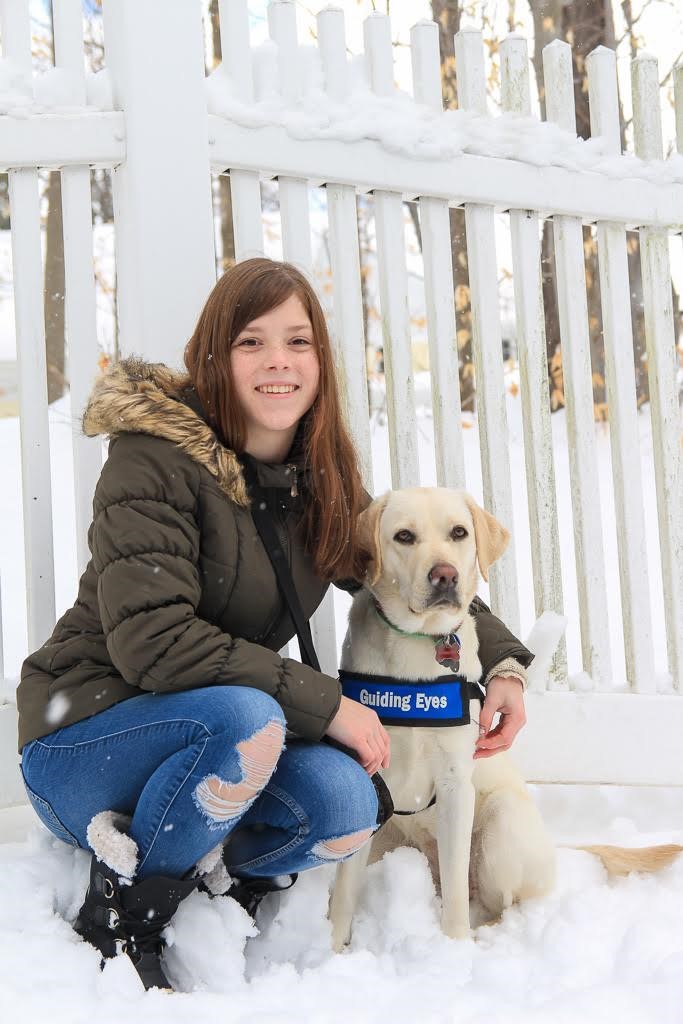In January 2016, Born This Way Foundation, Intel, and Vox Media founded Hack Harassment, with the goal of creating a safer, more inclusive internet by educating the public on what online harassment looks like and by coming up with creative solutions for bullying prevention.
This past April, Hack Harassment headed to the University of Nebraska, Lincoln (UNL), where one of the initiative’s Campus Ambassadors, a representative for Hack Harassment at UNL, was holding the first ever Anti Online Harassment Hackathon, in partnership Major League Hacking. I sat down with the organizer of the hackathon and a few of the winning teams to learn about their projects and find out more about the importance of reducing online harassment.
Raul Palacios (RP)
Katie Mosher (KM)- #FeedKindness (Check out their project here!)
Alicia Kruger (AK)- The Rehumanize Project
Cody Solesbee (CS)- Kindr Bravr
What is the Hack Harassment definition of kindness, specifically for the online community?
RP: Hack UNL and Hack Harassment are trying to make a kinder braver place, but how do you make that happen? How do you make it a kinder place? We talked about replacing the negative behavior and giving an alternative behavior.
AK: I tried to focus my group not on labels, ex. victims, but on the behavior, that online users are partaking in; however, showing support to victims is always important.
KM: Kindness in research is a difficult term, it is hard to define and to measure. We define it as the ability to bear the vulnerability with others. Having compassion, empathy, etc.… kindness encompasses all those things. In our group, we focus on giving people a behavior to partake in instead of the bullying or harassment.
What kind of behavior?
RP: Don’t retweet things that are harassing or target a specific thing, tweet nice things, don’t hop on the bandwagon with everyone else.
KM: Emphasize to young people that kindness can be very simple, kind, supportive tweet. Don’t join in if others are bullying.
Research has shown that over 70% of college students face online harassment, whether it be bullying, sexual harassment, stalking, etc. Why do you think this occurs?
RP: The internet emerged, social media became a thing. Anonymity makes it so easy to harass anyone at any time; it’s easy to cyberbully.
KM: In research, we’ve found that people are obviously bullied in real-life as well — it’s nothing new, there’s just a new medium, which is creating the situation of no escape for the victims.
AK: We are getting closer to finding out why people bully. It’s a multifaceted issue; there is no simple answer.
RP: The idea that it’s so easy to connect: you can hit so many people at once. A simple tweet from someone in a position of power can have an extremely large effect on people.
Statistically, the most serious cyberbullying takes place because the victim and the aggressor know each other in real-life. How do you think preventing online harassment stops bullying from taking place within the real world?
RP: In terms of Hack UNL, we discussed the spectrum of having victims, perpetrators, and bystanders. When we think about that spectrum, we know that the best thing to do is to get people in touch with those who will support them outside the situation, or even just online help. It’s all about trying to cast a wide net to find support.
AK: I think it would be careful not to speculate on these things because there is a lack of research. This is practice, if people practice kindness online, then they will probably do it in real-life.
How do you suggest bystanders use kindness to help in the event of witnessing cyberbullying?
KM: I definitely think that people will spread things so quickly, and that is so negative for the online social environment in general, because people are spreading the negative. Do not retweet or share negative, hurtful messages.
RP: Speak out. Lots of students do not have support, so definitely speak out.
AK: Sometimes it is negative how quickly things spread, but the standing up for people spreads as well.
What do you suggest the victims of cyberbullying do? Should they report or block the aggressor?
RP: Victims should find a level of support or someone who can listen. The first thing you should probably do is reach out to your support system, however, everyone reacts differently. Just remember that people really do wanna advocate for those who are victims.
KM: Take screenshots, collect data, and proof/evidence to report; the solution is not just to block and report. The problem is so much bigger than that. In real-life you cannot just block a person. Events like Hack UNL help to address the scope of the problem and the real issue.
How does Hack Harassment tackle the problem of anonymous online bullying?
RP: Hack Harassment, as a whole, is working on creating a couple of solutions. They want to put the power into the hands of the students and campus ambassadors, empowering students to speak out.
Can you tell me about the grants?
RP: There is a $2000 grant which was awarded to a few of the campus ambassadors. Those who were interested in applying for the grant had to draft a proposal and state what have they have already done. They must get a certain number of signatures to support their proposal. They take the Hack Harassment pledge, and each ambassador is required to get a certain amount of pledges. The whole process takes a month or two.
Can you tell me about Hack UNL?
RP: Basically, it was a 3-day hackathon event, this past Friday through Sunday, with students and faculty from University of Nebraska at Lincoln. We formed teams to brainstorm ideas to combat online harassment with students from all departments. We held workshops to develop the tools in making the internet safer. First we had the opening remarks, then a pizza party. On Saturday and Sunday, we had people in charge of coding and hacking, who had to develop an idea and create a presentation.
CS: In thinking about the issues of kindness in an online space, my team and I came up with the idea of a fitness app, where it’s formatted like a physical fitness app but with kindness. Games will help with social skills and how to respond to people. There will be resources on where to go to seek help. The goal is to create a safe space.
AK: It was a group project on steroids. I had met all these undergrad computer science majors, we met at the mixers. It was chaotic in the beginning, everyone had lots of ideas. We combined my knowledge of psychology and their knowledge of computers. The project includes ways to self-monitor online behavior, there’s a survey you can take which will produce a report of your online behavior. There’s a twitter report card function, which checks all your tweets and creates a pie graph of all your emotions on your twitters. The program then compares those results with what you had reported. This program helps individuals to get a more accurate perception of their online behavior. Then you can take those results and apply them to yourself. There’s also a chrome extension for Facebook to check your posts.
What are some of the solutions that were discussed at Hack UNL?
KM: Our group created a twitter bot, called Feed Kindness, which is a play on the term “twitter feeds.” The way it works is you tweet #FeedKindness with an @username and then the twitter bot will send a positive message to that user. We wanted to compete with those who don’t do anything when they see negativity, and we wanted to give them a kind option to send to people. It couldn’t be any simpler, people are already hash tagging, its already spreading kind messages. Also, users can submit kind tweets, a function which is in the works right now.
To learn more about this initiative and take the Hack Harassment Pledge to combat online bullying, you can visit HackHarassment.com. You can also watch the Hack Harassment PSA and check out the blog!




